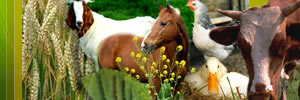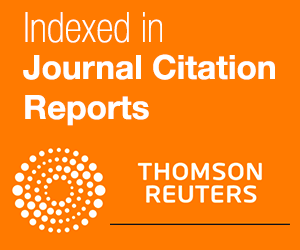EFFECTS OF ASCITES (PULMONARY HYPERTENSION SYNDROME) ON BLOOD GAS, BLOOD OXIMETRY PARAMETERS AND HEART SECTIONS OF BROILERS GROWN AT HIGH ALTITUDE
A. Tekeli
Department of Animal Science, University of Yuzuncu Yil, Van, Turkey 65080
Corresponding Author E-mail: atekelim@gmail.com.tr
ABSTRACT
The aim of this study was to determine the effects of ascites syndrome on some blood parameters and heart tissue of 300 broilers grown at high altitude (1727m) in Van Province. Ascites is a metabolic disorder in which excess amounts of ascitic fluids accumulate in the body cavity due to the cardiovascular problems resulted by inadequate supply of oxygen.
Significant (P<0.05) differences were detected in blood oximetry parameters of SO2, ctHb, FO2Hb and Hctc (Hematocrit) between ascitic and healthy chicks. SO2 and FO2Hb concentrations were higher in healthy broiles while blood hemoglobin and hematocrit values were higher (P<0.05) in ascitic broilers. Similarly, right ventricular diameter significantly (P<0.05) increased in ascitic broilers. While right ventricular diameter of healthy broilers was 1.60 mm, right ventricular diameter of ascitic broilers increased to 4.92 mm. These findings indicate that blood oximetry parameters and heart sections can be used as indicators of ascites susceptibility in broilers grown at high altitudes. The results of the current study revealed that rearing of broilers at high altitude usually leads to ascites exhibited by decreased SO2 and FO2Hb oxygen saturation and increased ctHb and Hctc levels in blood and significantly enlarged right ventricular diameter.
Key words: Ascites, broiler, high altitude, blood gas, heart. |





